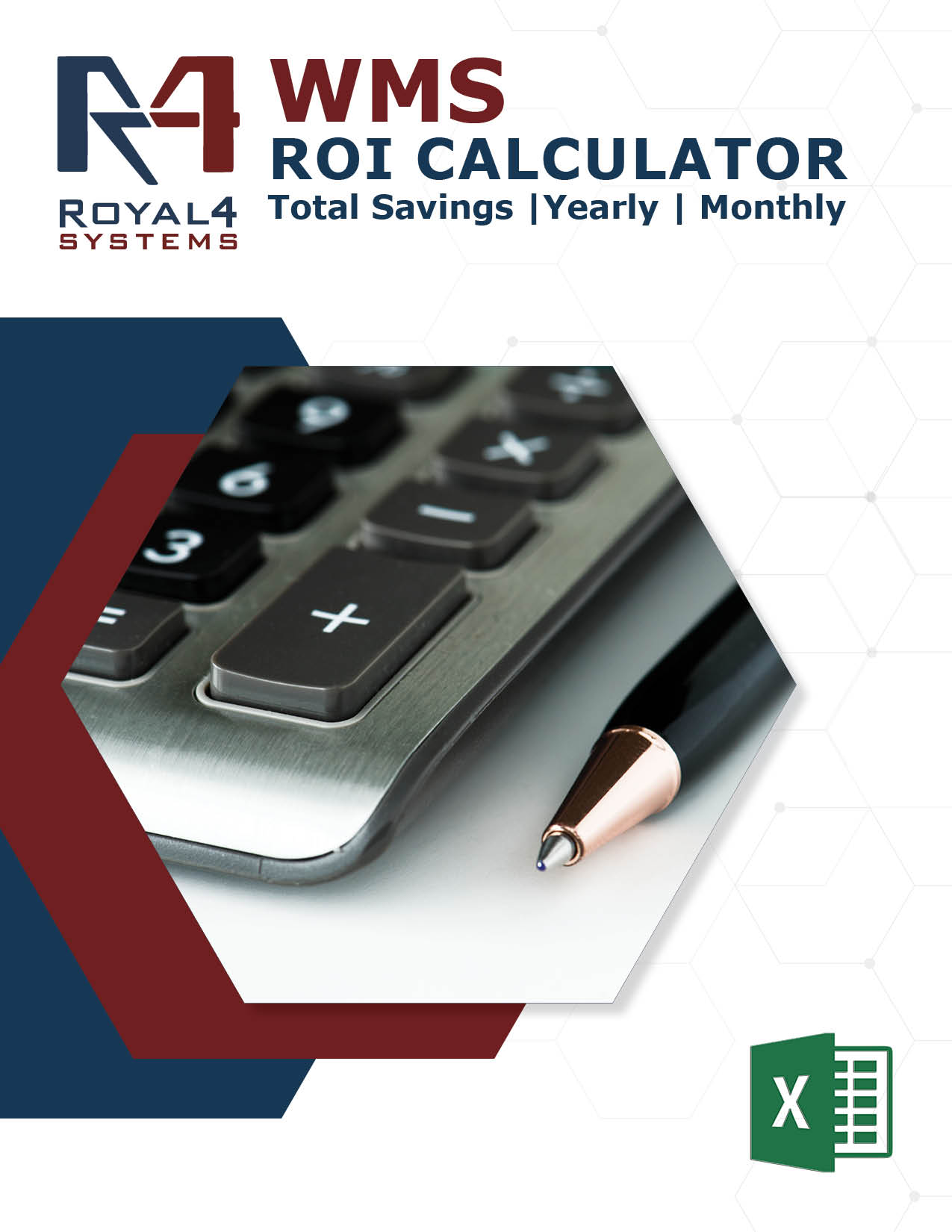
Metal Products Manufacturing Challenges
Metal and metal products manufacturing is a multifaceted process involving transforming raw metals into a wide array of finished goods. The complexity arises from dealing with various metal types, shapes, and grades, each demanding specialized handling. Material handling challenges encompass heavy loads, intricate machining, and intricate assembly. Inventory management involves tracking diverse raw materials and products while ensuring optimal levels. Quality control is crucial due to stringent industry standards. Challenges encompass maintaining consistency across production cycles, meeting customer specifications, and adhering to regulations. Tackling these intricacies requires precise coordination and advanced solutions.
Inventory Complexity and Variability
Managing diverse metal types, shapes, sizes, and grades presents intricate challenges. Different metals require specialized handling, machining, and processing techniques. Tracking raw materials becomes complex due to varying properties and specifications. Ensuring the accurate processing of work-in-progress involves coordinating multiple stages while maintaining quality. The challenge extends to tracking finished products with varying attributes and packaging requirements. Inaccuracies can lead to production delays, quality defects, and order fulfillment issues. Precise inventory management, seamless material flow, and robust tracking systems are essential to overcoming these metal and metal product manufacturing challenges.
Material Traceability and Quality Assurance
Material traceability is crucial for product quality and compliance in metal manufacturing. Traceability verifies adherence to industry standards, regulations, and customer requirements. Maintaining quality control throughout production is challenging due to the diverse nature of metal products and intricate processes. Ensuring uniformity, preventing defects, and meeting specifications require continuous monitoring. Inconsistent quality control can result in product defects, rework, and customer dissatisfaction. Effective traceability measures and robust quality control protocols are essential for upholding product integrity and compliance.
Efficient Material Handling
Handling heavy metal materials presents challenges due to their weight and size, necessitating specialized equipment for lifting, transporting, and processing. Inadequate equipment can lead to safety risks, operational delays, and damage. Bottlenecks can occur during material movement and storage, mainly when dealing with large or irregularly shaped metal pieces. Constricted pathways, limited storage space, and inefficient workflows can impede material flow and production efficiency. Overcoming these challenges requires investing in robust material handling equipment, optimizing floor layouts, and implementing efficient storage solutions that streamline material movement while ensuring worker safety.
Order Fulfillment Precision
Accurately picking, packing, and shipping metal products to meet diverse customer specifications poses challenges due to the intricacy of metal components and the need for precision. Errors can lead to incorrect orders, delayed deliveries, and customer dissatisfaction. Flawed parts jeopardize product integrity and hinder timely project completion for customers. Such errors strain customer relationships, tarnishing reputation and trust. Accurate order fulfillment demands meticulous attention, streamlined processes, and efficient tracking systems. Precision in these areas directly impacts customer satisfaction, builds trust, and reinforces a metal manufacturer’s reputation for reliability.
Coordination with Suppliers and Customers
Coordinating with metal suppliers presents challenges due to varying lead times, quality standards, and potential disruptions. Ensuring timely deliveries of raw materials is vital to prevent production delays. Seamless communication with suppliers is imperative for accurate forecasting and managing supply chain dynamics. Maintaining open channels with customers to manage specific order requirements, delivery expectations, and potential changes is crucial. Supplier coordination or customer communication failure can lead to production bottlenecks, delayed deliveries, and customer dissatisfaction. Effective collaboration with suppliers and transparent customer communication is essential to achieving operational efficiency and meeting customer commitments.
Role of Warehouse Management Software (WMS)
Warehouse Management Software (WMS) is a pivotal solution in tackling challenges in metal manufacturing. It orchestrates various aspects of inventory management, enabling real-time material tracking, accurate inventory optimization, and efficient order processing. WMS integrates advanced tracking technologies to monitor the movement of metal components, ensuring transparency and reducing the risk of errors. Through demand forecasting and efficient allocation of resources, WMS optimizes inventory levels, curbing excess stock and improving operational efficiency. Moreover, streamlined order processing, driven by WMS, enhances precision in picking, packing, and shipping metal products, improving customer satisfaction and competitiveness in the industry.
Features of WMS for Metal Manufacturing
Warehouse Management Software (WMS) boasts key features like real-time tracking, granting visibility into material movement. Inventory visibility ensures accurate stock levels, preventing stockouts or overstocking. Quality control integration maintains consistent product standards. These features synergistically enhance operational efficiency. Real-time tracking minimizes time wastage in searching for items, boosting productivity. Inventory visibility aids in demand forecasting, optimizing stock levels, and reducing holding costs. Quality control integration reduces defective items, saving time and resources. Collectively, these WMS features streamline material flow, optimize resources, and uphold quality, culminating in a more efficient and effective metal manufacturing process.
Benefits of WMS Implementation
Warehouse Management Software (WMS) drives reduced errors by automating processes, minimizing manual interventions that often lead to mistakes. Optimized inventory levels stem from accurate demand forecasting and efficient order processing, curbing excess stock and reducing storage costs. WMS enhances production throughput through streamlined workflows and real-time tracking, minimizing bottlenecks. The resultant operational efficiency translates to cost savings, reduced errors, and proper utilization of resources. Moreover, accurate order fulfillment enhances customer satisfaction, fostering loyalty and a positive brand reputation. Overall, WMS positively impacts profitability and competitiveness in metal manufacturing.
Conclusion
Warehouse Management Software (WMS) is the catalyst that empowers metal manufacturers to surmount challenges and thrive in a competitive landscape. WMS fortifies operational efficiency by streamlining material tracking, optimizing inventory, and enhancing order processing. It provides the tools to overcome complexities like varied metal types, handling intricacies, and quality control. With WMS, manufacturers can proactively address issues, minimize errors, and maintain accurate inventory, leading to expedited production and improved customer satisfaction. With these capabilities, metal manufacturers forge ahead with the confidence to excel in an industry that demands precision, quality, and efficient processes.
Request a Consultation
Need more information?
Solutions






![image001[25]](https://www.royal4.com/wp-content/uploads/2023/11/image00125.png)